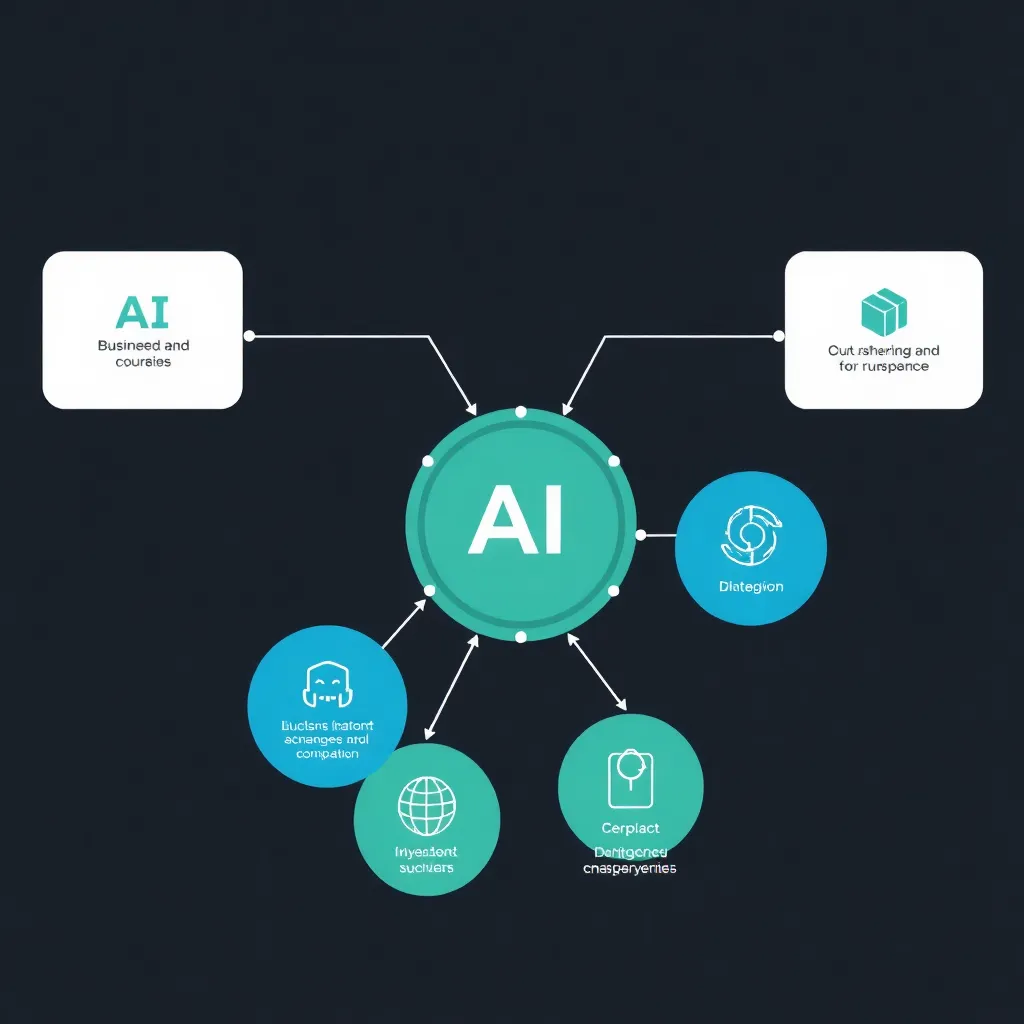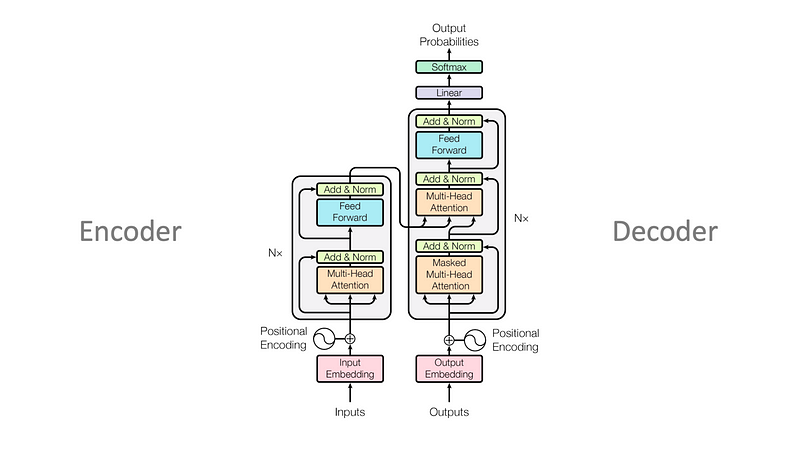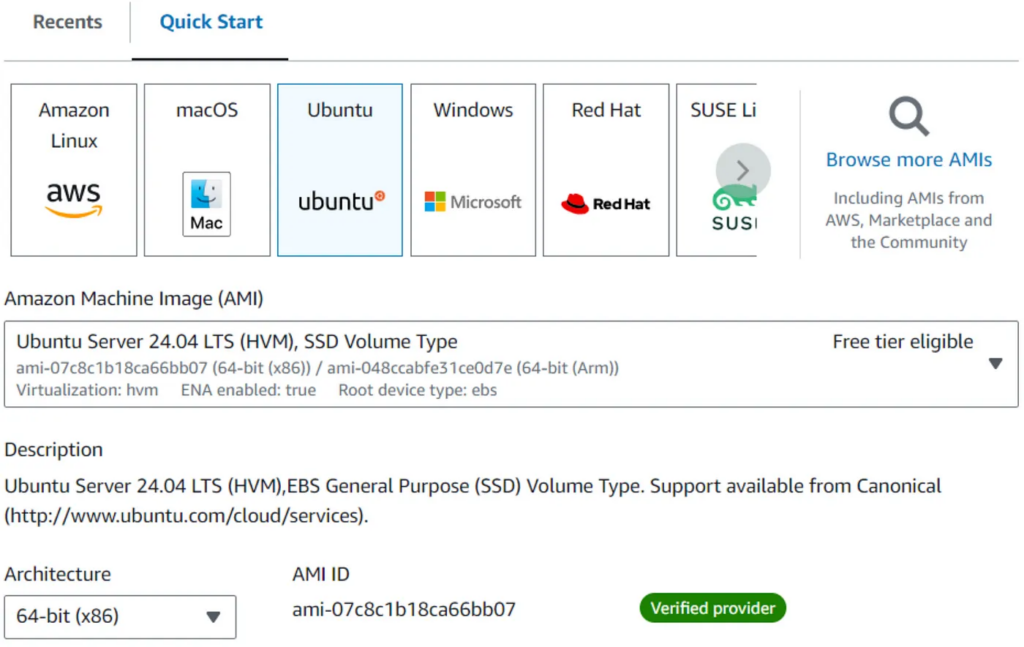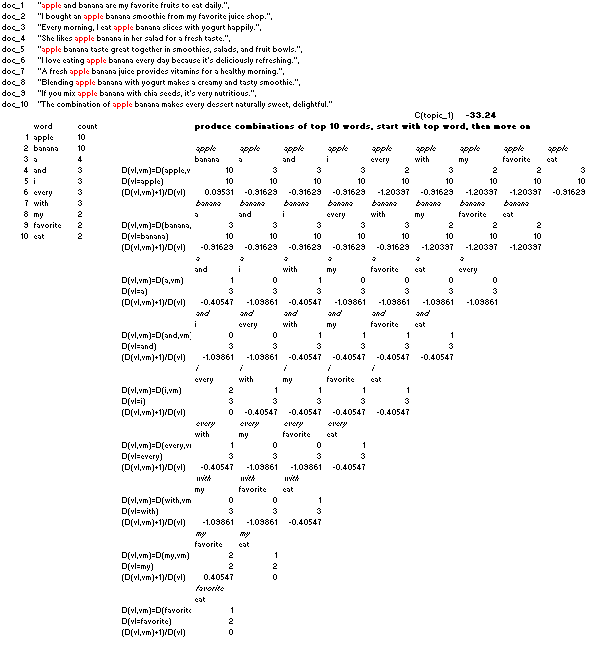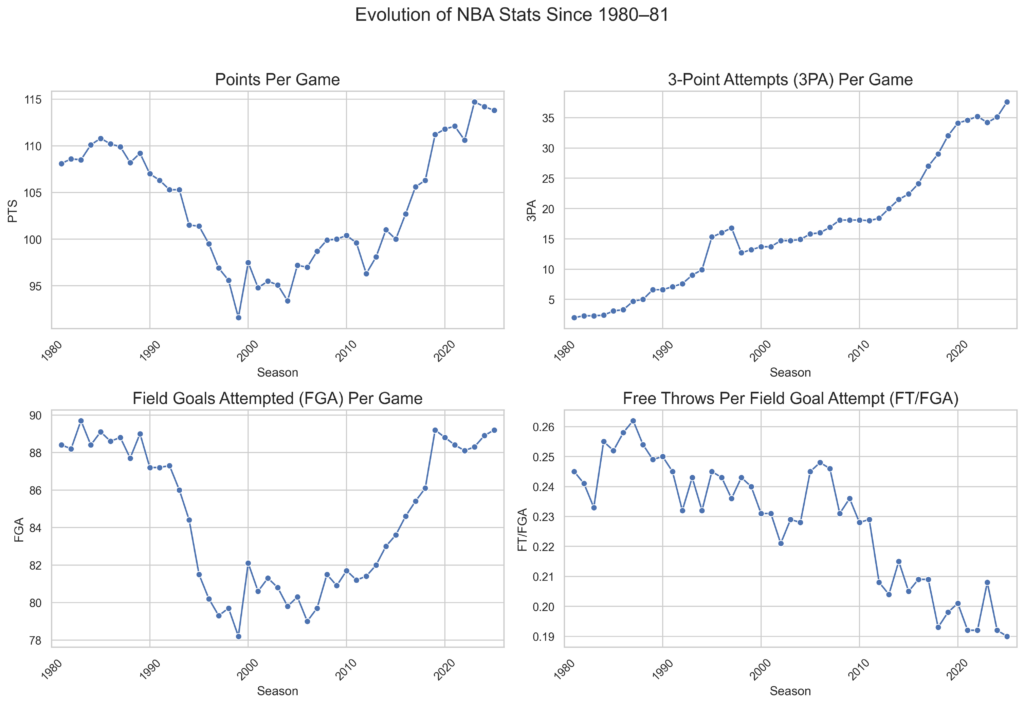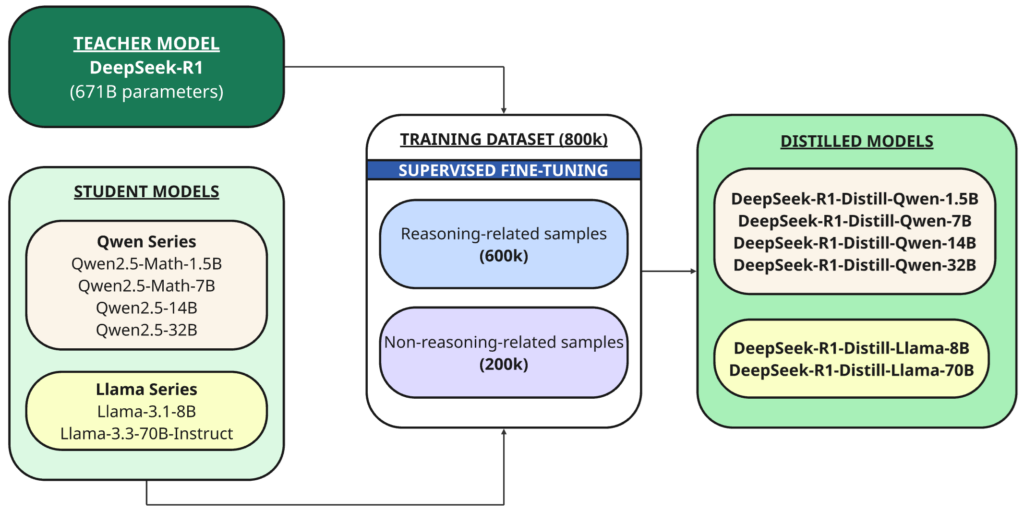NumExpr: The “Faster than Numpy” Library Most Data Scientists Have Never Used
Browsing GitHub the other day, I came across a library I’d never heard of before. It was called NumExpr. I was immediately interested because of some claims made about the library. In particular, it stated that for some complex numerical calculations, it was up to 15 times faster than NumPy. I was intrigued because, up […]
NumExpr: The “Faster than Numpy” Library Most Data Scientists Have Never Used Read More »
